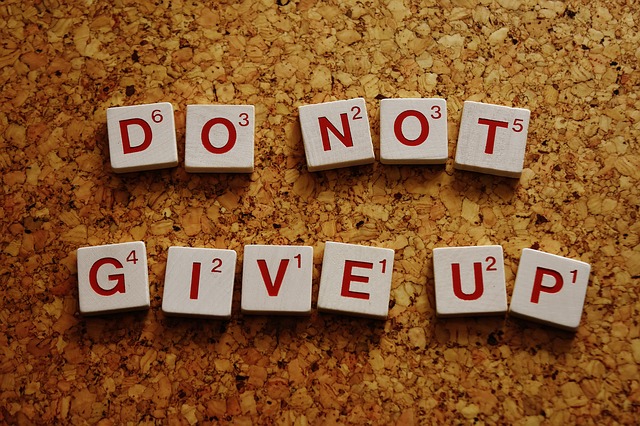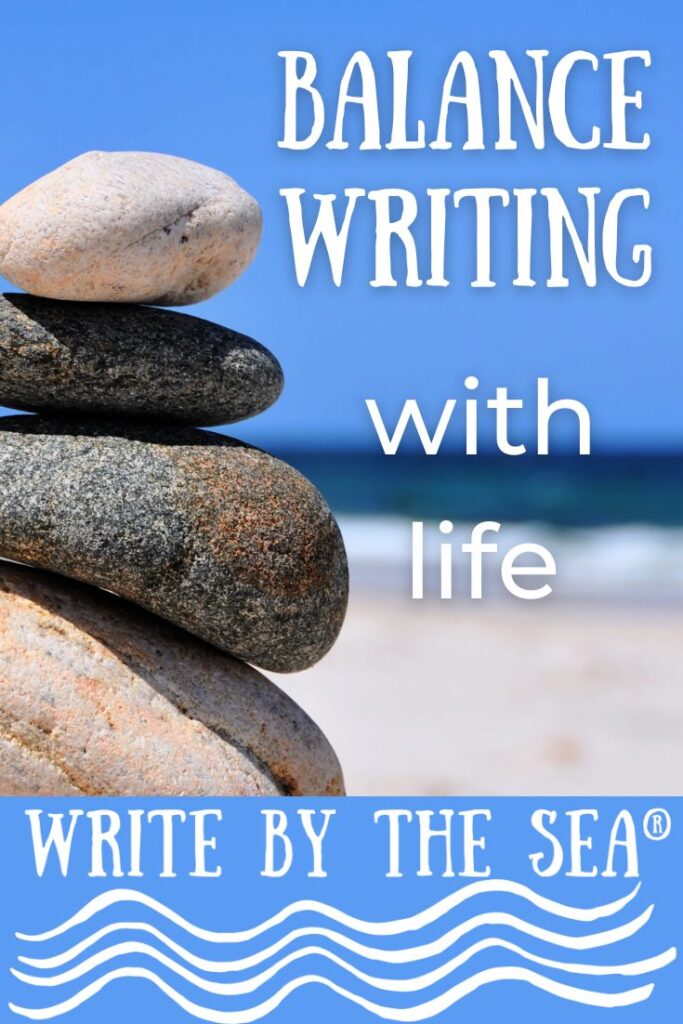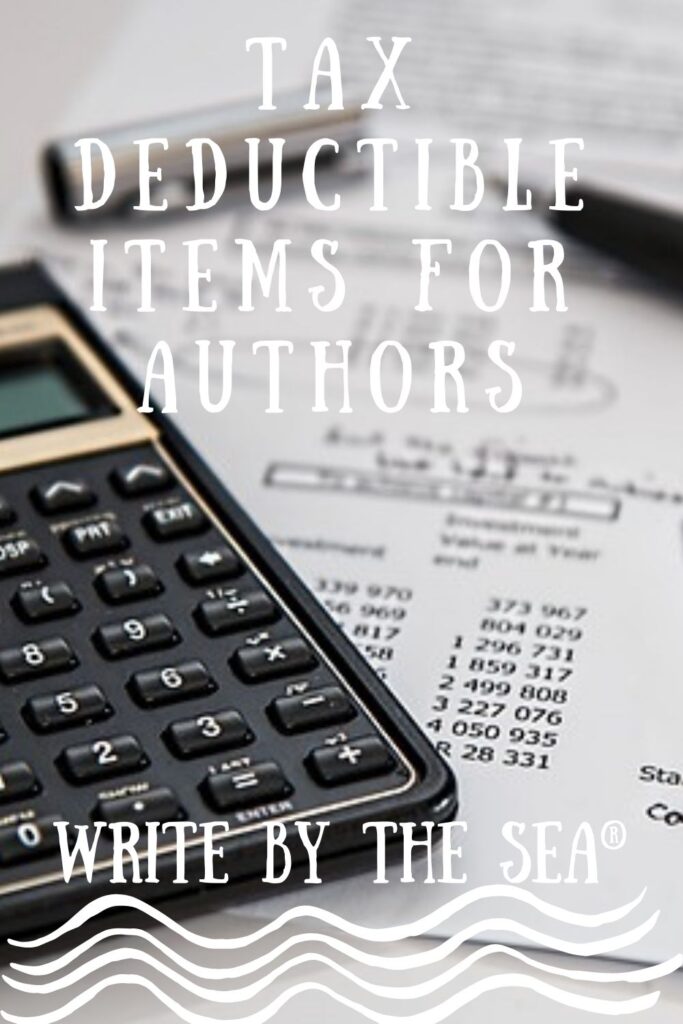It’s always a great time to read books about writing and here are some longtime favorites to choose from.
These make great gifts for the writer(s) on your gift list and they also make great gifts for yourself if you’re a writer.
Some of these you may have read before. If so, reread them to recharge your creative spirit so you’re ready for your best year yet as a writer.
A Dozen Recommended Books about Writing
• Writing the Breakout Novel – Donald Maass
Maybe you’re a first-time novelist looking for practical guidance. Maybe you’ve already been published, but your latest effort is stuck in mid-list limbo. Whatever the case may be, author and literary agent Donald Maass can show you how to take your prose to the next level and write a breakout novel – one that rises out of obscurity and hits the best-seller lists.
Maass details the elements that all breakout novels share – regardless of genre – then shows you writing techniques that can make your own books stand out and succeed in a crowded marketplace.
You’ll learn to:
- establish a powerful and sweeping sense of time and place
- weave subplots into the main action for a complex, engrossing story
- create larger-than-life characters that step right off the page
- explore universal themes that will interest a broad audience of readers
- sustain a high degree of narrative tension from start to finish
- develop an inspired premise that sets your novel apart from the competition
Then, using examples from the recent works of several best-selling authors – including novelist Anne Perry – Maass illustrates methods for upping the ante in every aspect of your novel writing. You’ll capture the eye of an agent, generate publisher interest and lay the foundation for a promising career.
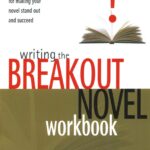
• Bird by Bird – Anne Lamott
“Thirty years ago my older brother, who was ten years old at the time, was trying to get a report on birds written that he’d had three months to write. It was due the next day. We were out at our family cabin in Bolinas, and he was at the kitchen table close to tears, surrounded by binder paper and pencils and unopened books on birds, immobilized by the hugeness of the task ahead. Then my father sat down beside him, put his arm around my brother’s shoulder, and said, ‘Bird by bird, buddy. Just take it bird by bird.'”
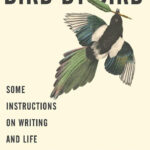
More Books About Writing
• Writing Down the Bones – Natalie Goldberg
For more than twenty years Natalie Goldberg has been challenging and cheering on writers with her books and workshops.
In her groundbreaking first book, she brings together Zen meditation and writing in a new way.
Writing practice, as she calls it, is no different from other forms of Zen practice —”it is backed by two thousand years of studying the mind.”
This new edition, which marks almost twenty years since the original book’s publication, includes a new preface in which Goldberg expresses her trademark enthusiasm for writing practice, as well as a depth of appreciation for the process that has come with time and experience.
Also included is an interview with the author in which she reflects on the relationship between Zen sitting practice and writing, the importance of place, and the power of memory.
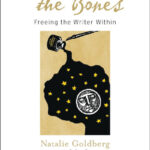
• On Writing Well – William Zinsser
On Writing Well has been praised for its sound advice, its clarity and the warmth of its style.
It is a book for everybody who wants to learn how to write or who needs to do some writing to get through the day, as almost everybody does in the age of e-mail and the Internet.
Whether you want to write about people or places, science and technology, business, sports, the arts or about yourself in the increasingly popular memoir genre, On Writing Well offers you fundamental priciples as well as the insights of a distinguished writer and teacher.
With more than a million copies sold, this volume has stood the test of time and remains a valuable resource for writers and would-be writers.
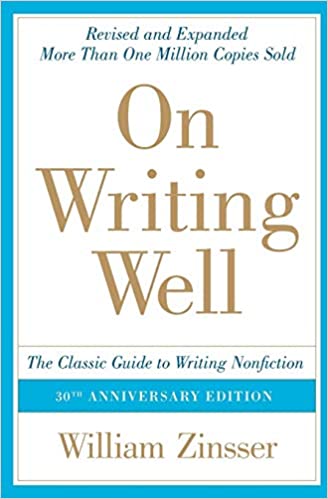
• Stephen King On Writing
Immensely helpful and illuminating to any aspiring writer, this special edition of Stephen King’s critically lauded, million-copy bestseller shares the experiences, habits, and convictions that have shaped him and his work.
“Long live the King” hailed Entertainment Weekly upon publication of Stephen King’s On Writing.
Part memoir, part master class by one of the bestselling authors of all time, this superb volume is a revealing and practical view of the writer’s craft, comprising the basic tools of the trade every writer must have. King’s advice is grounded in his vivid memories from childhood through his emergence as a writer, from his struggling early career to his widely reported, near-fatal accident in 1999—and how the inextricable link between writing and living spurred his recovery. Brilliantly structured, friendly and inspiring, On Writing will empower and entertain everyone who reads it—fans, writers, and anyone who loves a great story well told.
More Books About Writing
• Zen in the Art of Writing – Ray Bradbury
“Bradbury, all charged up, drunk on life, joyous with writing, puts together nine past essays on writing and creativity and discharges every ounce of zest and gusto in him.”–Kirkus Reviews
“Zen and the Art of Writing is purely and simply Bradbury’s love song to his craft.”–Los Angeles Times
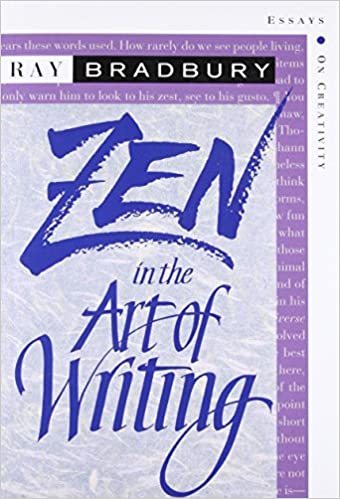
• The Right to Write – Julia Cameron
What if everything we have been taught about learning to write was wrong?
In The Right to Write, Julia Cameron’s most revolutionary book, the author of the bestselling self-help guide The Artist’s Way, asserts that conventional writing wisdom would have you believe in a false doctrine that stifles creativity.
With the techniques and anecdotes in The Right to Write, readers learn to make writing a natural, intensely personal part of life.
Cameron’s instruction and examples include the details of the writing processes she uses to create her own bestselling books.
She makes writing a playful and realistic as well as a reflective event.
Anyone jumping into the writing life for the first time and those already living it will discover the art of writing is never the same after reading The Right to Write.
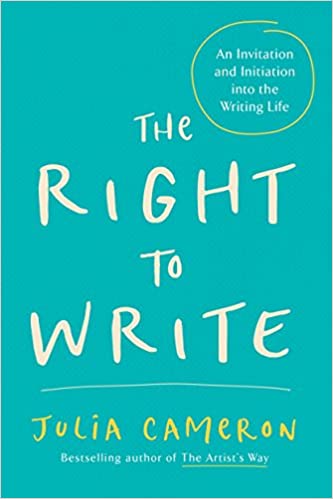
• How to Write Best Selling Fiction – Dean R. Koontz
From dust jacket notes: “…In this book, Dean Koontz, whose own books have sold more than 25 million copies, shares his insight into the publishing world and shows writers how to write the kind of book that a publisher can promote as a lead title – a well-written, thoroughly researched, complex, wide-appeal novel that can sell the millions of copies necessary to finance an extensive advertising and promotion campaign.
Koontz takes a practical, detailed approach to the art, craft, and business of novel writing.
You’ll learn how to structure a story for greatest reader appeal, how to provide depth of characterization without slowing the pace, and how to recognize and use the sort of theme that is timely and appealing.
Plus you’ll receive thorough instruction on other writing techniques as they apply to today’s novel, including background, viewpoint, scene setting, transitions, and dialogue.
On the business side, Koontz gives an insider’s view of how to deal profitably with editors and agents, advice on contracts, and tips on paperback and book club sales, foreign rights, and film rights.
His final advice to writers is to read, read, read.
To help you get started, he supplies a list of today’s best-sellers which will provide further insight into the kind of novel that will succeed today….”
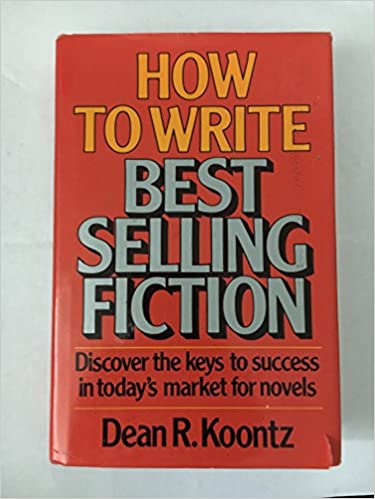
More Books About Writing
• The Emotion Thesaurus: A Writer’s Guide to Character Expression – Angela Ackerman & Becca Puglisi
One of the biggest problem areas for writers is conveying a character’s emotions to the reader in a unique, compelling way.
This book comes to the rescue by highlighting 75 emotions and listing the possible body language cues, thoughts, and visceral responses for each.
Using its easy-to-navigate list format, readers can draw inspiration from character cues that range in intensity to match any emotional moment.
The Emotion Thesaurus also tackles common emotion-related writing problems and provides methods to overcome them.
This writing tool encourages writers to show, not tell emotion and is a creative brainstorming resource for any fiction project.
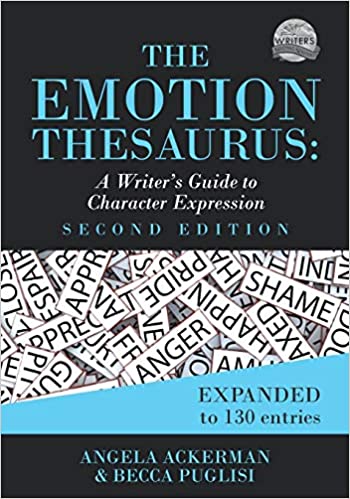
• The First Five Pages: A Guide to Staying Out of the Rejection Pile – Noah Lukeman
Whether you are a novice writer or a veteran who has already had your work published, rejection is often a frustrating reality.
Literary agents and editors receive and reject hundreds of manuscripts each month.
While it’s the job of these publishing professionals to be discriminating, it’s the job of the writer to produce a manuscript that immediately stands out among the vast competition.
And those outstanding qualities, says New York literary agent Noah Lukeman, have to be apparent from the first five pages.
The First Five Pages reveals the necessary elements of good writing, whether it be fiction, nonfiction, journalism, or poetry, and points out errors to be avoided, such as
* A weak opening hook
* Overuse of adjectives and adverbs
* Flat or forced metaphors or similes
* Melodramatic, commonplace or confusing dialogue
* Undeveloped characterizations and lifeless settings
* Uneven pacing and lack of progression
With exercises at the end of each chapter, this invaluable reference will allow novelists, journalists, poets and screenwriters alike to improve their technique as they learn to eliminate even the most subtle mistakes that are cause for rejection.
The First Five Pages will help writers at every stage take their art to a higher — and more successful — level.
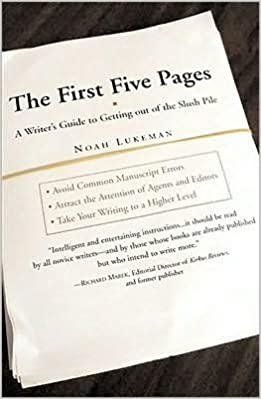
More Books About Writing
• Techniques of the Selling Writer – Dwight V. Swain
Techniques of the Selling Writer provides solid instruction for people who want to write and sell fiction, not just to talk and study about it.
It gives the background, insights, and specific procedures needed by all beginning writers.
Here one can learn how to group words into copy that moves, movement into scenes, and scenes into stories; how to develop characters, how to revise and polish, and finally, how to sell the product.
No one can teach talent, but the practical skills of the professional writer’s craft can certainly be taught.
The correct and imaginative use of these kills can shorten any beginner’s apprenticeship by years.
This is the book for writers who want to turn rejection slips into cashable checks.
• Write Your Novel from the Middle – James Scott Bell
A powerful secret, and a fresh approach to writing bestselling fiction!
What’s the best way to write a “next level” novel?
Some writers start at the beginning and let the story unfold without a plan.
They are called “pantsers,” because they write by the “seat of the pants.”
Other writers plan and outline and know the ending before they start. These are the “plotters.”
The two sides never seem to agree with each other on the best approach.
But what if it’s not the beginning or the end that is the key to a successful book?
What if, amazing as it may seem, the place to begin writing your novel is in the very middle of the story?
According to #1 bestselling writing teacher James Scott Bell, that’s exactly where you’ll find your story’s heart and heat.
Bell’s “Mirror Moment” is the secret, and its power is available to any writer, at any stage of the writing process.
Bringing together years of craft study and personal discovery, Bell presents a truly unique approach to writing a novel, one that will stand the test of time and serve you all your writing life.\

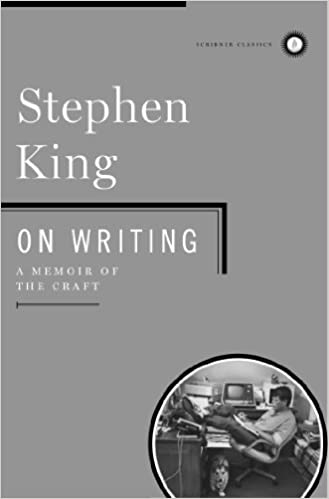
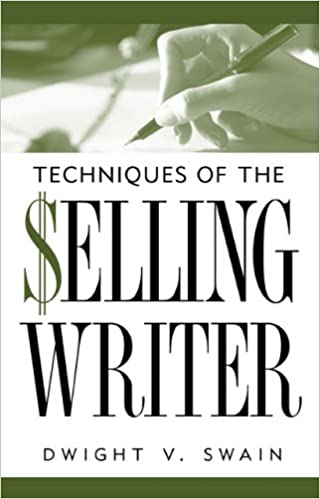
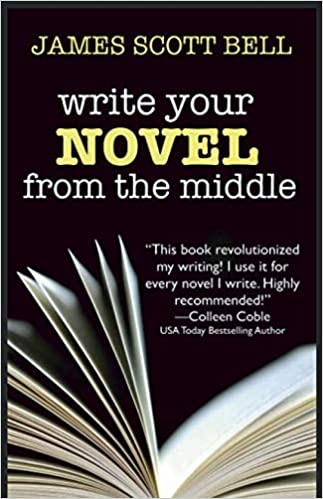 Click here for more writers gifts.
Click here for more writers gifts.